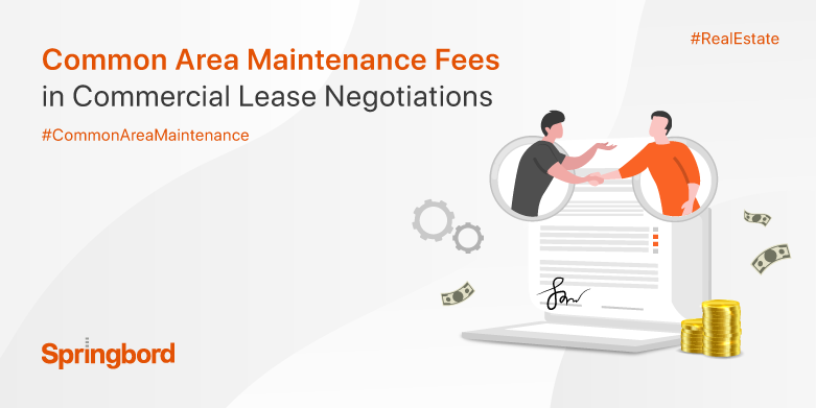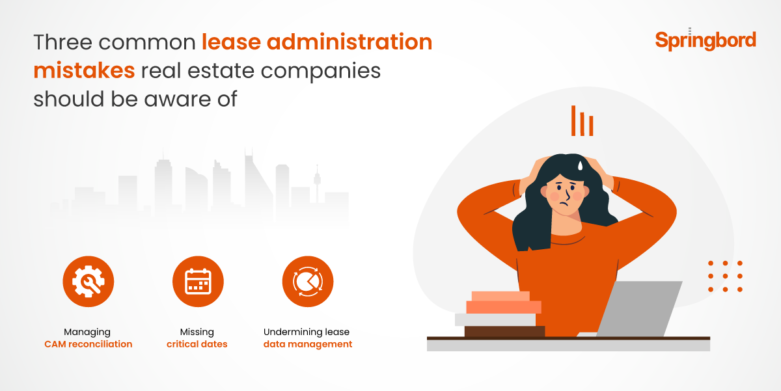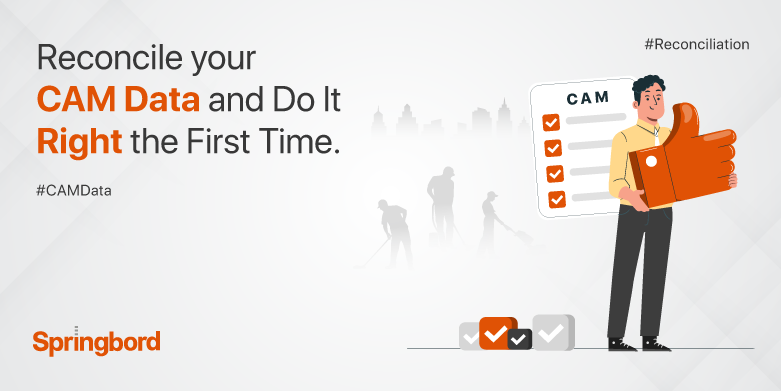 Read time 3 min
Read time 3 minIn a commercial lease, the “Common Area Maintenance” (or “CAM”) fee is a common example of the “triple net” (NNN) structure. Landlords typically expect payment from tenants for expenses like insurance, taxes, and common area maintenance in NNN leases. Triple net lease (or NNN) is a popular form of a commercial lease because it allows tenants to bear 100% of the responsibility for all repairs and maintenance. CAM is included in this type of lease. The landlord receives full payment for all of the money it spends on the upkeep of the shared spaces. However, NNN leases have a reputation for being difficult and convoluted, and they typically call for extensive negotiations before a definitive agreement is reached. To protect your interests, it is recommended that you bring a lawyer to these discussions. Without them, nevertheless, you should give serious thought to the following before finalizing any leasing agreement.
- Set a base year.
When calculating the first month’s payment, landlords will often factor in a certain amount for CAM fees depending on the previous year’s expenses (Base Year). Increases in CAM costs over the Base Year amount are passed on to tenants at their proportionate share. Tenants typically have the option of making the year of lease signing (rather than the year before) the Base Year. When renegotiating a lease, tenants should push for a new Base Year to be used for CAM costs.
- Lowest Possible Occupancy Rate
It’s unusual for a structure to have no empty rooms. The tenant’s share of CAM is normally determined by the ratio of the tenant’s space to the total amount of rentable space in the building. Therefore, if a property has low occupancy, the tenant may be responsible for a larger share of the CAM costs than it would if occupancy were higher. Tenants should bargain for a minimum proportion of assumed occupancy. A success rate of 85% to 90% is typical. Instead of assuming full occupancy, this should be expressed as a bare minimum. Tenant percentages should be determined using the overall building occupancy rate, thus if that’s 95%, then that’s what should be used.
- Cash Spent on Fixed Assets –
While accounting standards require capital expenditures to be spread out over multiple years, many landlords try to claim them as a single year’s CAM expense. Tenants should try to negotiate tax accounting or generally recognized accounting principles for the allocation of capital expenses to CAM, if at all possible.
- Limits on Expenditures That Can Be Managed
In the real estate industry, operating costs are commonly broken down into two categories: controllable and uncontrollable. Taxes, utilities, and insurance premiums are examples of mandatory outlays for which a landlord has no negotiating power. Everything else constitutes expenses over which you have some measure of control. Tenants should ask for a limit on yearly percentage increases in the portion of CAM that pertains to expenses over which they have some kind of influence. Both a fixed percentage and a cap tied to the CPI are common forms of rent increase protection offered by landlords. Limits on increases due to factors beyond the landlord’s control are unusual.
- Total Price of Ownership
In most cases, CAM should not cover expenses related to building ownership. While most landlords won’t try to include mortgage interest in CAM, they might try to include things like audit fees, accounting charges, legal fees, building marketing, and so on. It is in the best interest of renters to strive to negotiate the CAM terminology such that CAM costs include only those charges from which the tenants directly benefit.
- Costs That Can Be Reimbursed
Costs that the owner may be able to recoup from another source are never allowed to go against CAM. CAM payments should not be used to pay for things like tenant upgrades, eviction expenses, or real estate broker commissions.
Conclusion:
Tenants may be able to negotiate CAM terms in their leases if they hire a competent real estate attorney or commercial tenant broker. This may require some initial work and money, but it will save them money in the long run by avoiding rental costs.
Here at Springbord, we’ve been assisting customers in their evaluation of CAM contracts so that they may make well-informed, economical choices. Don’t let occupancy costs spiral out of control because of miscalculated operating expenses; we can assist you to pinpoint the source of the problem and negotiate a price that works for both the landlord and the tenant.






